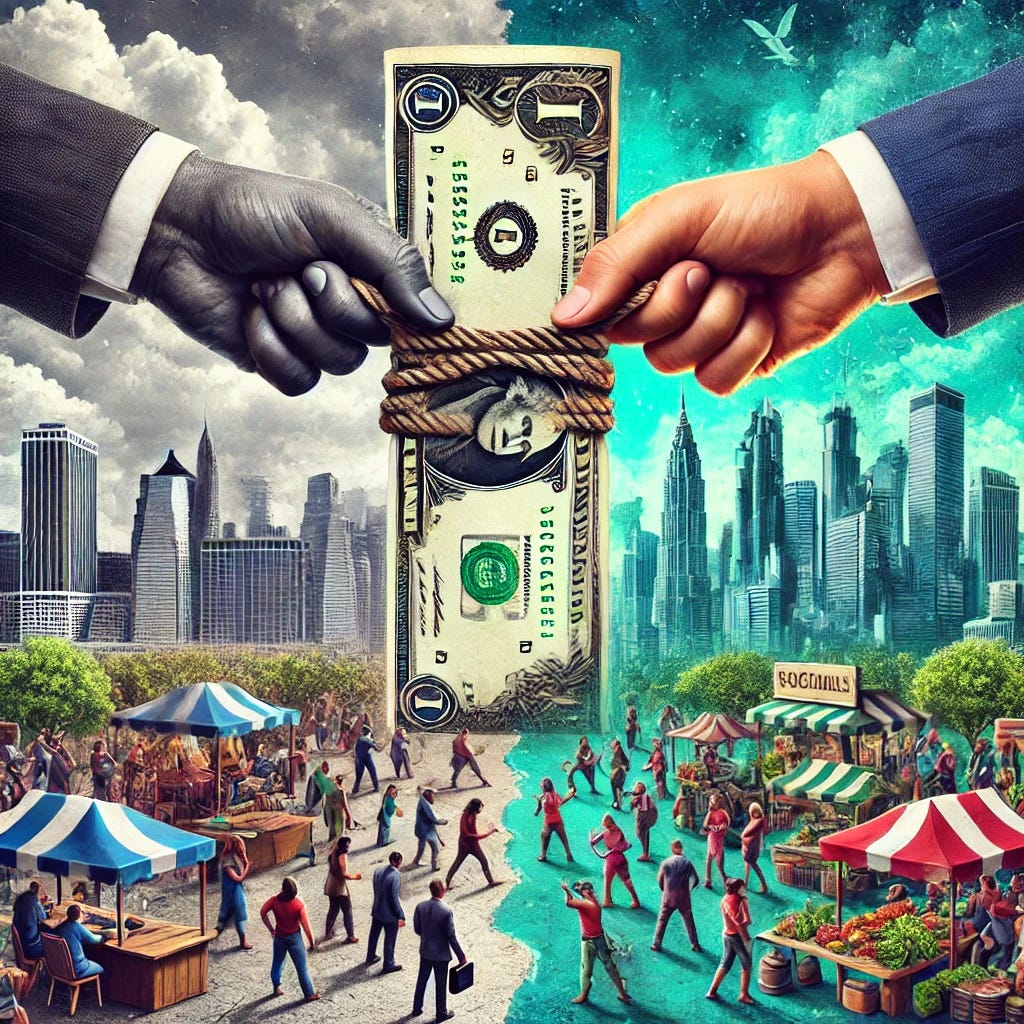February 28, 2025: What to Know About Economic Blackout Day
The Retail Impact of Economic Blackout Day
A new wave of consumer activism is taking shape as grassroots groups and faith leaders call for spending boycotts to protest corporate and political actions. At the forefront is The People’s Union USA, which is urging Americans to refrain from spending anything this Friday in what it calls an “economic blackout.”
What’s the Goal?
The People’s Union, founded by meditation teacher John Schwarz, says the 24-hour no-spend day is meant to highlight the influence of billionaires, big corporations, and the two-party system on working Americans. Participants are encouraged to avoid all purchases—both online and in-store—but particularly at major retailers like Walmart and Amazon. If shopping is essential, they advise supporting local businesses and paying in cash.
Beyond Friday’s event, the group is planning another blackout on March 28 and targeted boycotts of Amazon, Walmart, Nestlé, and General Mills.
More Boycotts on the Horizon
Retailers are also facing pressure from new consumer protests over diversity, equity, and inclusion (DEI) rollbacks:
Target Boycott:
We Are Somebody, led by activist Nina Turner, launched a boycott on Feb. 1.
Pastor Jamal Bryant’s TargetFast.org is organizing a 40-day boycott starting March 5 (Ash Wednesday).
Rev. Al Sharpton’s Initiative: The National Action Network is preparing to name two companies for a DEI-related boycott in the coming months.
"Consumer spending is more than just dollars exchanged—it’s a statement of values. The question is whether businesses are listening."
Will These Protests Have an Impact?
Retail experts are split. While these movements could cause temporary dips in sales, especially in urban and liberal-leaning areas, long-term effects remain uncertain. In a tight economy, any impact to marketshare is eventful - consumer spending is hard enough to manage as it is. My expectation is that while the symbolism will be noticed, a single day event will likely not create any substantial financial downswing. I believe the biggest impact will be how retailers handle the social tightrope of the movement itself. Past boycotts have produced mixed results. Target lost sales after last year’s LGBTQ+ backlash, while Goya Foods temporarily gained customers after its CEO praised Donald Trump. Meanwhile, Bud Light’s 2023 sales slump from a conservative-led boycott remains unresolved.
A New Era of Consumer Activism?
Some consumers see these actions as a way to test the strength of collective spending power. Political consultant Afya Evans supports Friday’s blackout but will instead shop exclusively at small businesses and Black-owned brands.
With more political and social tensions looming in 2024, these economic protests could shape the future of corporate accountability. The big question: will retailers respond—or simply wait for the moment to pass?
Would you change your shopping habits for a cause? I’d love to hear your thoughts.



